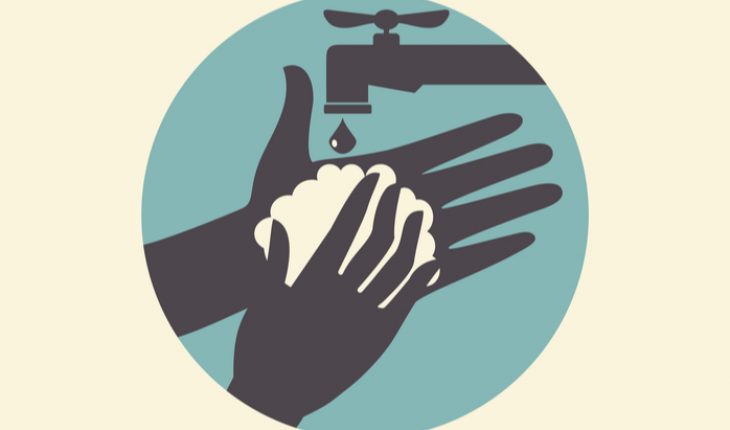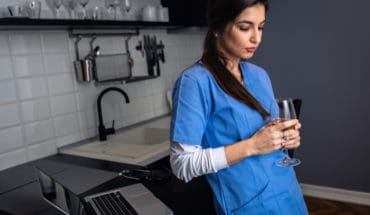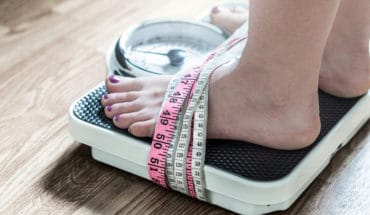Most people in the UK don’t wash their hands hands thoroughly enough to get rid of bacteria that can cause cause upset stomachs, colds and flu, according to a new survey from the Royal Pharmaceutical Society (RPS). 84% of British adults fail to lather up for the recommended time of 20 seconds which is as long as it takes to sing ‘Happy Birthday to you’ twice.
And two out of three of us don’t always wash our hands at all before eating . Just half always wash hands after touching pets or animals.
And two out of three of us don’t always wash our hands at all before eating . Just half always wash hands after touching pets or animals.
Over the winter there is an increase in the prescribing of antibiotics for infections, some of which could have been prevented by good hand hygiene, or treated at an earlier stage by getting advice and medicines from a pharmacist. Prescribing too many antibiotics is a major cause of antibiotic resistance, now a real threat to public health.
Germs that cause food poisoning, pneumonia, colds and flu can easily be spread by touch. They can be picked up from contaminated surfaces, objects or people, then passed on to others. Around 30% of diarrhoea and 16% of respiratory infections can be prevented through effective handwashing.
The handwashing habits of those surveyed showed:
· 2 in 3 people (65%) don’t always wash their hands before eating
· 1 in 2 people (50%) don’t always wash their hands after handling animals, such as pets
· 1 in 3 people (32%) don’t always wash their hands before preparing food
· 1 in 5 people (21%) don’t always wash their hands after going to the toilet
RPS President Ash Soni said: “We don’t wash our hands often enough for long enough to get rid of the bacteria that can cause illnesses.
“Even when we remain unaffected by the bugs we carry, if we don’t wash our hands we can transmit infections which then become a real problem for those who are more vulnerable, such as children and the elderly, who may then need to be prescribed antibiotics. We can never know what we are carrying or what impact it may have on those around us, which is why good handwashing is so important.”
When surveyed, 4 out of 10 people did not know that antibiotic resistance is most accurately described as bacteria becoming resistant to the drugs used to treat them.
When surveyed, 4 out of 10 people did not know that antibiotic resistance is most accurately described as bacteria becoming resistant to the drugs used to treat them.
This resistance can make infections much more serious and potentially life-threatening. The rate at which resistant bacteria develop can be slowed by reducing the number of unnecessary antibiotics used.
Ash Soni said: “Preventing infection through better handwashing is essential to protect ourselves and others from becoming unwell. If we can reduce the number of illnesses where antibiotics are needed, we can reduce antibiotic resistance by saving these important medicines for when they are really required.
“There’s a simple handwashing technique used in the NHS to ensure hands are fully clean and ideally everyone should use this. You should avoid touching your mouth or eyes with unclean hands and practice good hand hygiene by regularly washing your hands for 20 seconds before and after eating and after using the toilet or handling animals.
“Antibiotics should not be given for viral infections but often still are, partly due to patient demand. It’s easy to pick up an infection and once ill, people often visit their GP to request antibiotics because they think they are not getting better quickly enough, when in fact infections can be expected to last longer than you might think.” The average duration of typical common infections include:
Sore throat 7-8 days
Ear infection 8 days
Common cold 14 days
Sinusitis 14-21 days
Cough or bronchitis 21 days
“Your local pharmacist can advise you about the natural course of your infection and the best way to manage it,” added Ash. “Getting the right information can provide reassurance that what you are experiencing is normal, so helping to reduce unnecessary GP appointments and requests for antibiotics.
“Pharmacists can also offer advice on what to do on the occasions when your symptoms don’t clear up and when it’s right to see a doctor. Pharmacies are conveniently located and often open in the evenings and weekends so they are easily accessible too.”
- Gut microbiome could delay onset of type 1 diabetes - 3rd April 2025
- The da Vinci 5 Robot Is Set To Transform Bariatric Care: - 31st March 2025
- Beyond money: the hidden drivers fuelling child food insecurity - 31st March 2025






